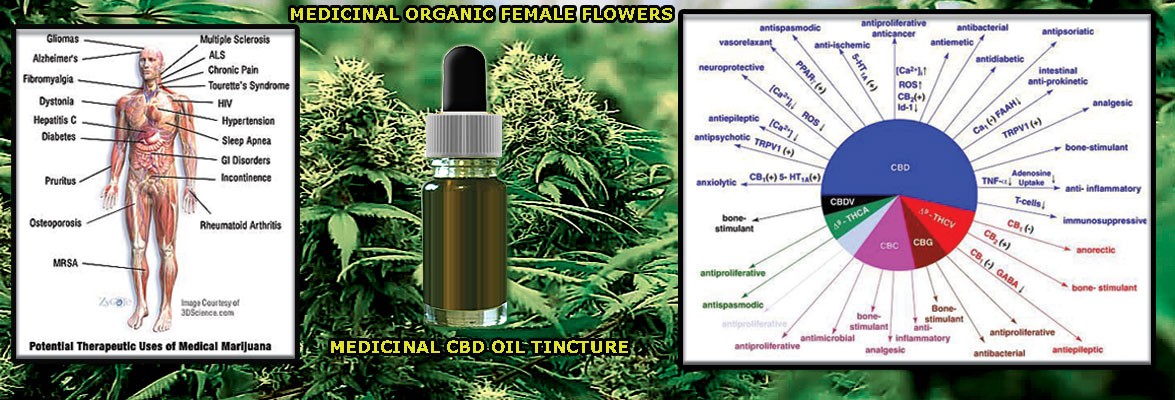The Endocannabinoid SystemThe Endocannabinoid system is a central regulatory system that affects a wide range of biological processes, it consists of a group of molecules known as cannabinoids as well as the cannabinoid receptors they bind to.
Although cannabis is a source of over 100 cannabinoids (including THC and CBD), the human body produces a number of cannabinoids as well.
These endogenous cannabinoids include Anandamide and 2- Arachidonoylglycerol (2-AG) and are present in all human beings.
Decades of scientific research on the Endocannabinoid system has resulted in the discovery of two types of cannabinoid receptors, CB1 and CB2.
These receptors are found in various parts of the body, but are most prominent in the brain and immune system.
Cannabinoid receptors act as binding sites for endogenous cannabinoids as well as cannabinoids found in cannabis. When cannabinoids bind to CB1 or CB2 receptors, they act to change the way the body functions.
While cannabinoid receptors are primarily expressed in the brain and immune system, researchers have identified cannabinoid receptors in a variety of other places as well, including the peripheral nervous system, cardiovascular system, reproductive system and gastrointestinal and urinary tracts.
Cannabinoid receptors continue to be identified in unique parts of the body as research on the Endocannabinoid system progresses.
What Does The Endocannabinoid System Do?
Interestingly, the Endocannabinoid system is not unique to the human species. Rather, research has shown that this system is common to all humans and vertebrate animals and – even some invertebrate animals – suggesting its significance in the process of evolution. Experts believe that natural selection has conserved the Endocannabinoid system in living organisms for 500 million years.
Although the Endocannabinoid system affects a wide variety of biological processes (such as appetite and sleep), experts believe that its overall function is to regulate homeostasis.
Homeostasis is a key element in the biology of all living things and is best described as the ability to maintain stable internal conditions that are necessary for survival. Disease is simply a result of some aspect of failure in achieving homeostasis, making the endocannabinoid system a unique target for medical applications.
